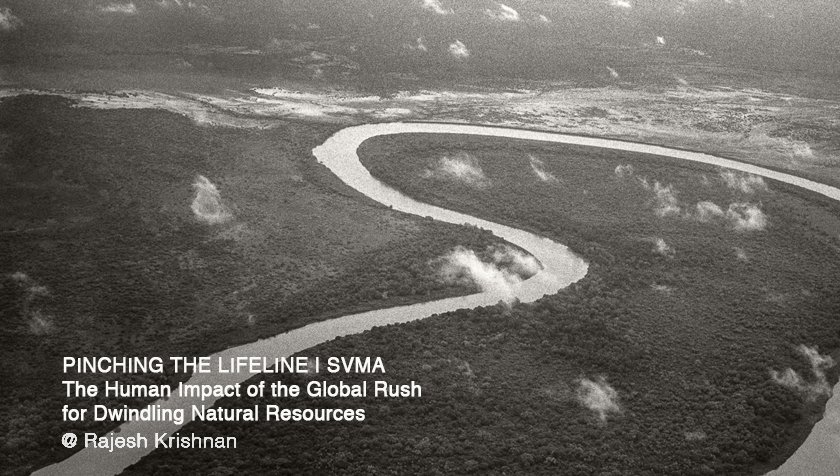Change it self does not destroy a culture. All societies are constantly evolving. A culture survives when it has enough confidence in its past and enough say in its future to maintain it's spirit and essence through all the changes it will inevitably under go.
RESOURCES
— Wade Davis author of The Wayfinders: Why ancient Wisdom Matters in the Modern World
Ethiopia’s Omo River Valley is home to roughly twelve Indigenous Tribal groups all living self-sustainably. Most practice flood-recession agriculture, and depend on the river’s natural flood cycle to replenish their land for farming and the grazing of livestock.
Ethiopian government contracts have been awarded to foreign construction firms to build hydroelectric dams on the Omo River for energy exports. The Gibe III Dam, the largest of its kind in sub-Saharan Africa, is now operational, and is depriving all downriver communities of the annual floods necessary to sustain their flood-recession riverbank agriculture.
The Omo River's flow terminates at Kenya’s Lake Turkana and supplies 90% of its water. The entire watershed of the Omo River Valley and Lake Turkana is now under threat. Lake Turkana was recently inscribed on the list of UNESCO World Heritage sites ‘in danger’. In addition, vast tracts of rich farmland have been leased to foreign corporations to grow cotton and sugarcane—all for export. Land grabs and “villagization” are displacing the Omo River communities, forcing them off their ancestral lands without compensation. They are no longer able to be self-sustaining.
For more information on the environmental, political and human rights issues facing the people of the Omo River Valley and Lake Turkana watershed, please visit the following non-profits.
REFERENCES
Further Reading on the issues facing the watershed of Ethiopia’s Omo River Valley and Kenya’s Lake Turkana.
Survival International has spent 55 years fighting for the survival of Tribes for nature and for all of humanity.
International Rivers protects rivers and defends the rights of the communities that depend on them.
Oakland Institute brings fresh ideas and bold action to the most pressing social, economic, and environmental issues of our time.
Human Rights Watch defends the rights of people worldwide; investigating abuses, exposing the facts, and pressuring those with power to respect rights and secure justice. Human Rights Watch is an independent, international organization that works as part of a vibrant movement to uphold human dignity and advance the cause of human rights for all.
UNESCO encourages the identification, protection and preservation of cultural and natural heritage around the world considered to be of outstanding value to humanity. Adopted by UNESCO in 1972.
Friends of Lake Turkana is an indigenous, women-led organization that works with and for communities within the greater Turkana basin to demand collective social, economic, cultural, environmental, and territorial justice.
FILMS
Kara Women Speak, Jane Baldwin (2019)
Pinching the Lifeline, Rajesh Krishnan, SVMA (2015)
Human Rights Watch, (2015)
Rivers of Sand, Robert Gardner (1974)
Robert Gardner was an anthropologist filmmaker who had for four decades balanced on a tightrope between the sensibility of the artist and the discipline
of an ethnographer. By Arthur Kleinman



